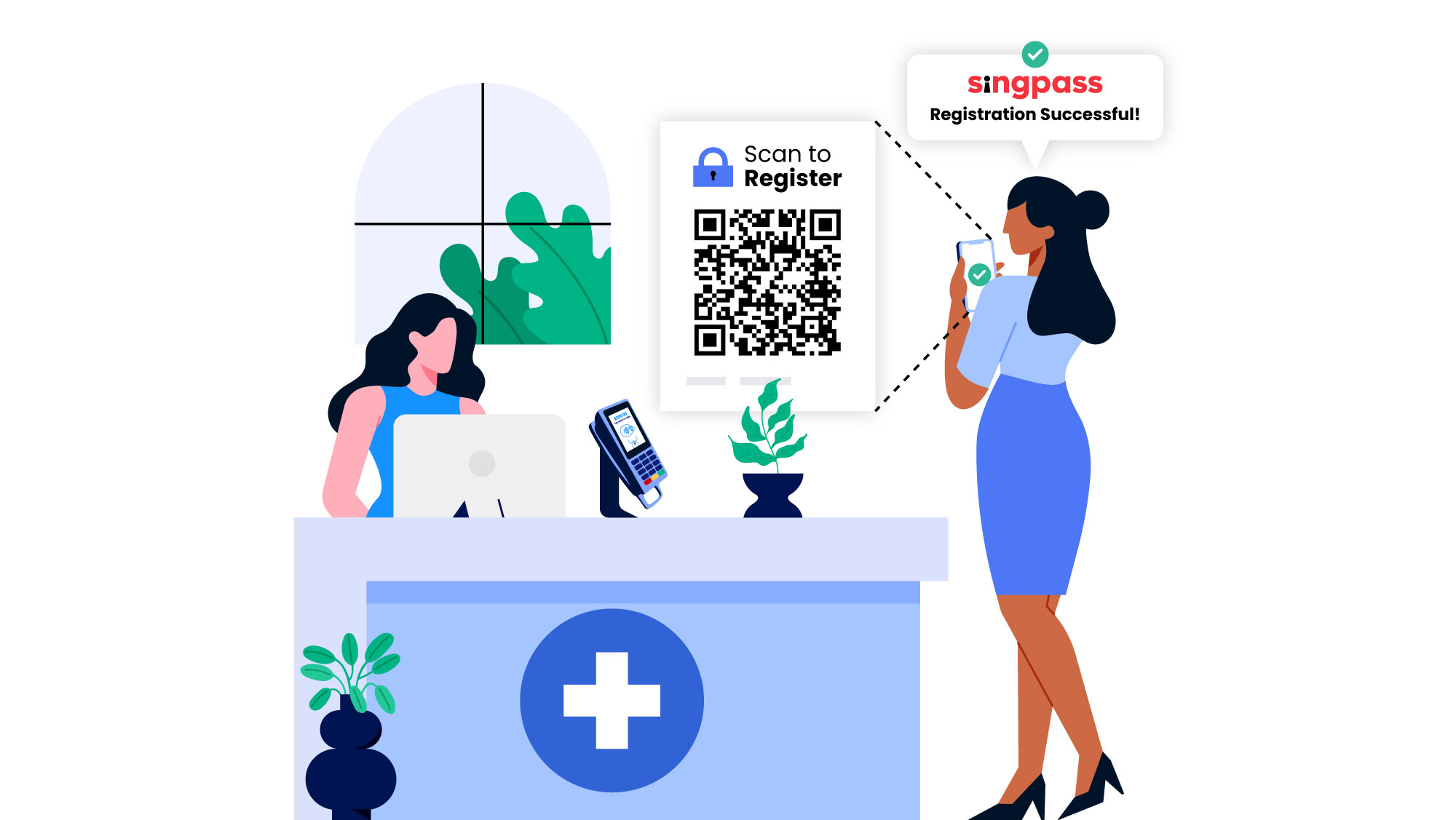Blog Healthcare Providers: Stay Adaptable in 2021

If there’s one thing the world learnt in 2020, it’s the importance of staying adaptable. Vaccines are on the way, but the fight against COVID-19 continues. Plato’s emphasis on innovation ensures its software stays relevant with the times and clinics receive timely upgrades. Even during times of uncertainty, Plato’s clinics have everything they need to weather the storms. Discover the top ways clinics used Plato in the past year that remains relevant in 2021. Who knows, one of these solutions might just become part of your New Year’s resolution.
Run a Virtual Clinic, Instantly

At the start of Singapore’s circuit breaker and Malaysia’s MCO, healthcare providers were faced with the quandary: how would they continue care when physical visits weren’t possible? The solution came in the form of virtual care. Instead of having to scramble for third-party telemedicine apps however, clinics using Plato found they already had everything they needed to run their virtual visits—from online appointment booking and digital consent forms, to teleconsultation, remote payment and medicine delivery—all on one platform.
Starting virtual visits is easy with Plato’s built-in teleconsultation solution called PlatoConnect. Clinics can triage cases and consult local or overseas patients in a heartbeat. Each week, over 1,000 teleconsults happen on PlatoConnect. Plato also solves payment woes with PlatoPay. Clinics use PlatoPay to hold their patients’ cards on file for free, before remotely implementing any patient-authorised charges. Patients don’t have to be physically present at the clinic to settle their bills.
Though borders are re-opening, healthcare teams remain vigilant. Plato continues to support clinics through uncertainty by providing everything they need to run a virtual clinic on one platform.
Run a Contactless Front Desk

As Singapore gradually returns to normal, patients resume physical visits to clinics. Running a contactless front desk helps clinics assure patients that their premise is safe. Clinics minimise risk of contamination through shared surfaces by taking a tech-savvy approach using Plato.
Encouraging patients to book appointments online Plato is key in managing safe distancing at clinics. New patients can pre- or self-register safely on their personal device to reduce wait times. In Singapore, clinics automate patient registration by integrating Plato with government-designed service Myinfo. Patients autofill their registration form using their government-verified biodata by retrieving Myinfo with Singpass. As a result, patients’ details that flow directly into Plato are error-free. Post-consult, clinics can avoid physical currencies and payment terminals that pose as a vector for disease spread. Plato is the only CMS offering integrated payment using the PlatoPay Terminal. Since billing is automated, no data entry is needed, thereby minimising the risk of disease spread through shared interfaces.
Each day, people are experiencing the “Contactless Takeover”—from digital food menus to cinema ticketing machines and automated payments. As the public becomes comfortable with a contactless way of life, patients will expect no different from healthcare providers. Contactless solutions promote safer physical visits and increase the scope for automation of work. Stay relevant beyond COVID-19 by running a contactless front desk.
Empower your Clinic using Custom Analytics

Do you know how much your patient acquisition costs? Or your most effective marketing channel? Do you have higher healthcare costs but not better patient outcomes? Insights from custom analytics help clinics answer key questions specific to their business—from decisions on profits to the best treatment plan for patients. Clinics integrate their Plato with business intelligence tools such as PowerBI, Tableau, Qlik, or Mode to build custom reports for data-driven decisions.
In a murky economic climate, it’s more crucial than ever for businesses to rely on concrete data, instead of pure intuition. Harvard Business School Online reports that data-driven organisations are three times more likely to see major improvements in decision-making. Further, 83% of executives from top-performing healthcare organisations in the US consider business intelligence and analytics as their top priority to stay competitive, reports IBM.
Clinics that invest in custom analytics lay the groundwork for the inevitable future of value-based care. Since rising healthcare costs don’t always equate to better patient outcomes, healthcare systems are redefining how they measure success. Unlike traditional volume-based care that focuses on delivering health services, value-based care emphasises delivering health. Value-based care looks at the entire patient journey—from diagnosis and treatment to after-care and prevention. In Asia Pacific, health systems have a growing preference for value-based care due to aging populations and the rise of chronic diseases. Singapore, Malaysia and Hong Kong are developing their integrated care systems to advocate prevention over cure.
Implementing value-based care, however, is complex. Healthcare providers need the right technology to collect quality structured data to monitor patient outcomes, allocate resources, set budgets and coordinate care. Clinics can harness the rich data in their Plato EMR to overcome the challenges of value-based care. As Dr Hairil Abdullah from SingHealth says, “EMR is a gold mine of data. Now is the time to reap the rewards, so that we can improve patient outcome and experience and reduce healthcare costs.”
Ready to kick start your 2021 as an adaptable practice? Let the Plato team show you how, book a demo.
February 2, 2021
